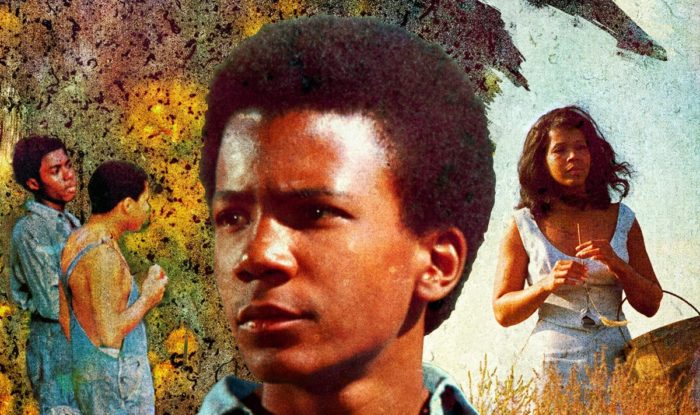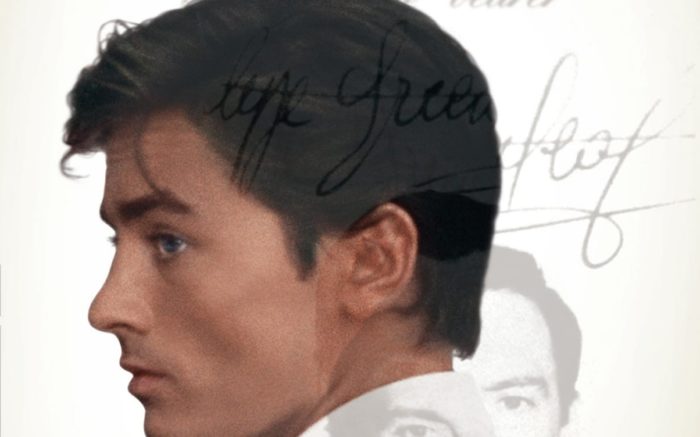
Let’s go girls.
I don’t want to jinx anything, but I am feeling a bit of a second wind on The People’s Albums. Maybe it’s the “light at the end of the tunnel” aspect of finally cracking the top ten best-selling albums of all time, but we’ll see if I can keep up the pace of two albums per season.
This entry brings things a bit full circle, since this was the first artist I ever reviewed for The People’s Albums almost exactly ten years ago. I wouldn’t say that that earlier piece is quite as poorly written as I expected, but comparing it to my response to this album, it does illuminate how much more open to frivolous pop music I’ve become in the intervening decade.
Album: Come On Over
Artist: Shania Twain
Release Date: November 4, 1997
Copies Sold in the U.S.: 17.7 million Continue reading









